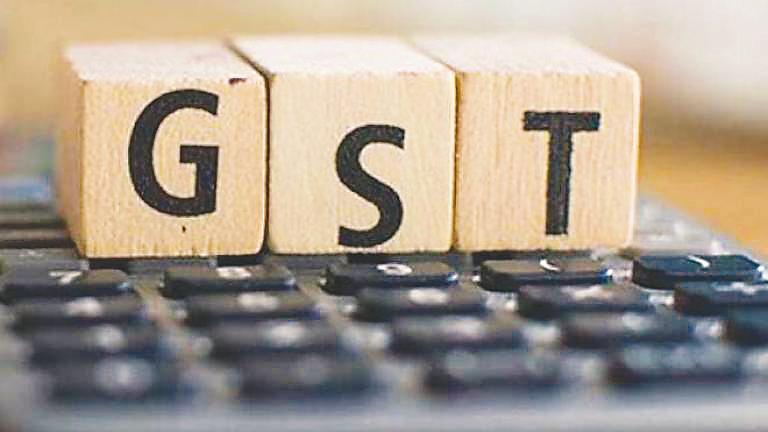PETALING JAYA: While a widened fiscal deficit may not matter much in an economic recession, the only way to avoid adding to the debt pile when the economy has recovered, is to consolidate and reduce budget deficits by cutting public spending or boosting taxes, including reintroducing the Goods and Services Tax (GST) if necessary.
Socio-Economic Research Centre (SERC) executive director Lee Heng Guie said the rationale to reintroduce GST is to enhance the government’s revenue base, given current oil prices and the need for the goverment to maintain a sizeable budget deficit for this year and next year.
“In terms of the GST rate, instead of starting at 6%, the government can consider GST at 3-4%. We can exempt more items especially those consumed by the lower and middle income groups,“ he said at the SERC Quarterly Economy Tracker (Q2’20) online media briefing and press conference today.
He added that the SME turnover exemption threshold can be raised higher so that more companies will not be affected in terms of the cost of doing business.
“Most importantly, give more time for the government to educate the people on the need to reintroduce GST and maintain stable prices after GST is introduced. There’s no inflationary pressure now as we’re in a deflation (trend) – a good time for government to look into GST,“ said Lee.
Lee opined that the government should not impose windfall tax on sectors that are making huge gains now, such as glove makers as it will dampen the interest of foreign investors to invest in Malaysia. The same goes for capital gains tax on the stock market, as Lee reasoned that Malaysia will lose its competitiveness and discourage investors if such move is implemented.
Other revenue enhancement methods are additional non-tax revenue, and privatisation of some government-owned assets.
Expenditure rationalisation, meanwhile, can be in the form of more targeted subsidy; savings from fuel subsidy; reprioritisation and reallocation of expenditure; shortfall in government spending due to MCO.
Meanwhile, Lee does not see the risks of Malaysia’s sovereign ratings being downgraded now.
S&P Global Ratings and Fitch Ratings have a negative outlook for Malaysia, while Moody’s has a stable outlook for the country. Lee noted that it will take 18-24 months for the rating agencies to review the outlook.
“Given the government’s commitment is to continue the fiscal consolidation, we have seen how Malaysia successfully reduced its fiscal deficit during the height of 2009 at 6.5% of GDP to 2.7% of GDP in 2017, I believe the risk of a downgrade will be minimal at this juncture.”













